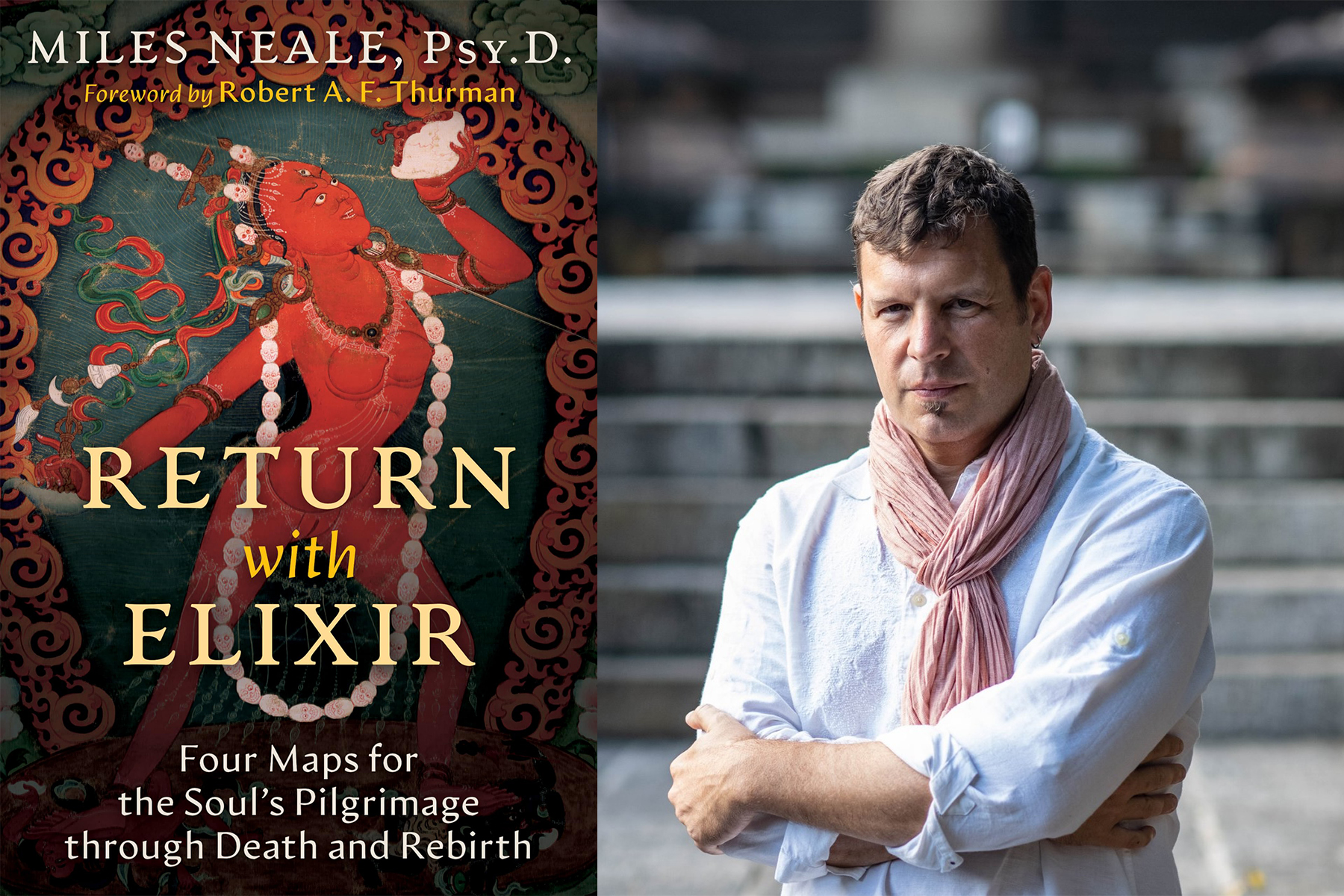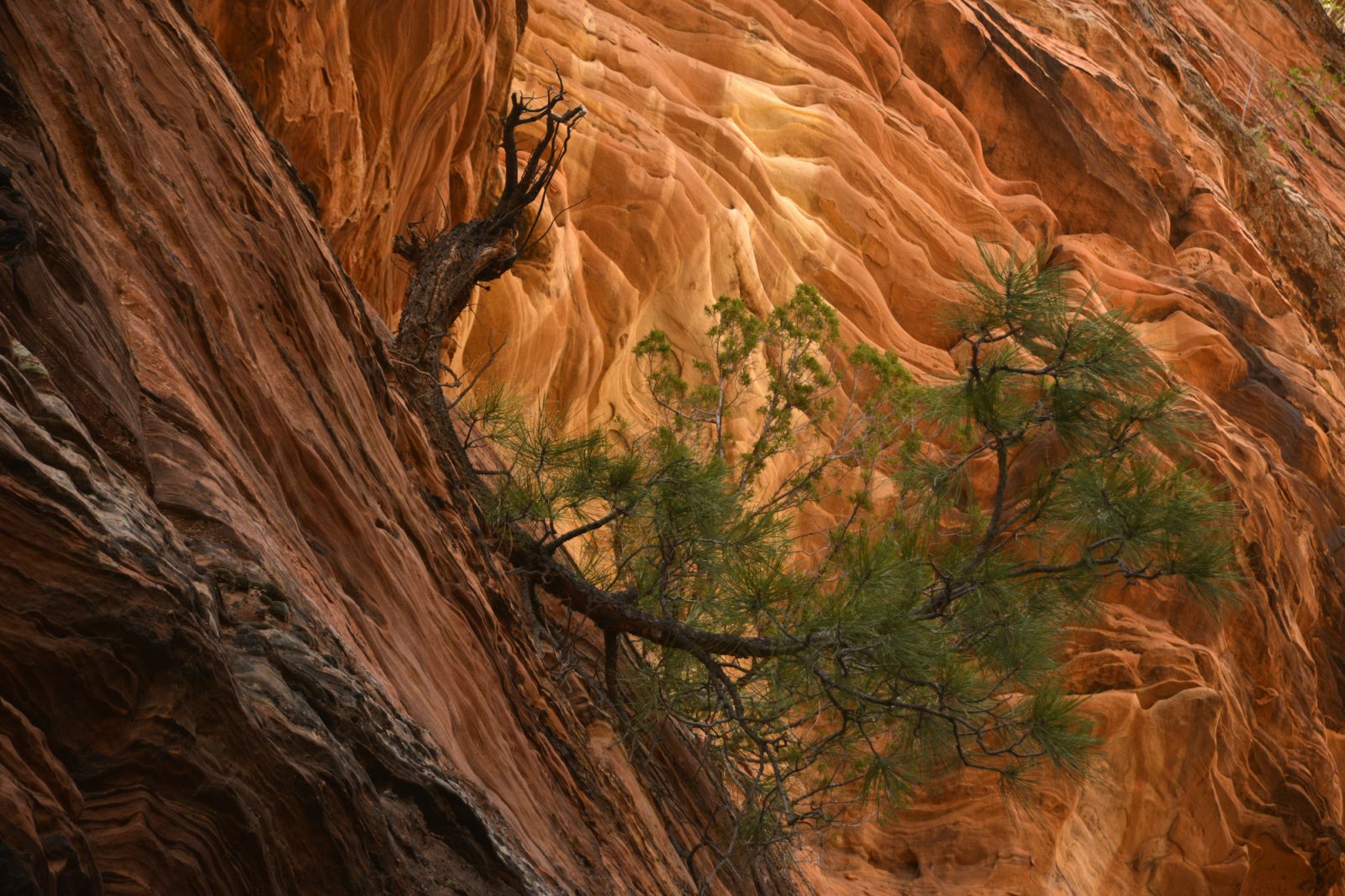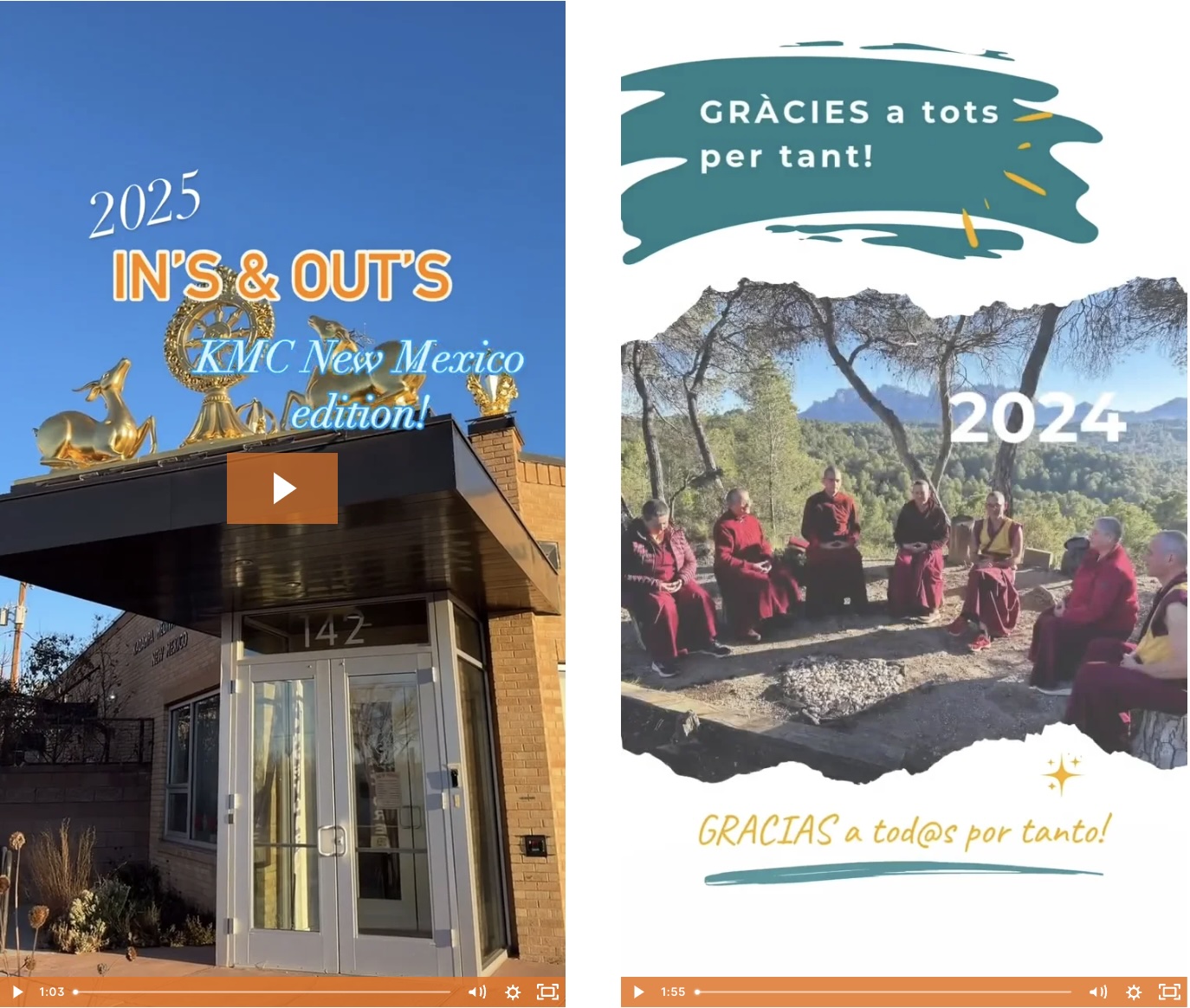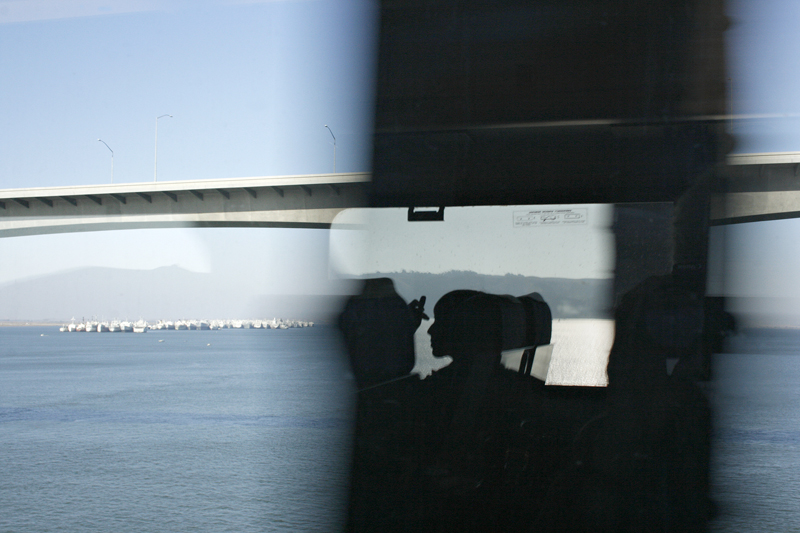‘Return with Elixir’
Author and psychotherapist Dr. Miles Neale on astrology, pilgrimage, and learning to be nothing special The post ‘Return with Elixir’ appeared first on Tricycle: The Buddhist Review.

In 2017, Dr. Miles Neale found himself experiencing panic attacks. At that time, the psychotherapist, Buddhist teacher, and author had just left Nalanda Institute for Contemplative Science after what he describes as a humiliating public shaming from the spiritual community there, one that he claims to have helped create. [Editor’s Note: Tricycle reached out to Nalanda Institute for comment but has yet to hear back.]
Neale turned toward this pain with curiosity, and ultimately moved with his family to Bali in an attempt to create a more meaningful life.
“I voluntarily lost my identity, my stature, my practice, and my income stream after twenty-five years in New York. Friends, clients, predictability, stability, comfort, everything,” Neale told me in a recent conversation about his new book, Return with Elixir: Four Maps for the Soul’s Pilgrimage Through Death and Rebirth (Inner Traditions, April 2025).
Return with Elixir examines Neale’s personal journey alongside those of historical figures like the author Joseph Campbell and the psychiatrist and psychoanalyst Carl Jung, and is interwoven with Tibetan Buddhist lessons of conscious rebirth, astrology, and wisdom from Balinese traditions. There’s no filler to be found within its 440 pages—no sugarcoating the struggles one must endure to taste the sweet elixir that awaits us once we’re brave enough to dive in.
I’ve read a lot of Buddhist books over the past decade, and I can’t recall a book that so openly explores a breakdown. Was it a difficult decision to write this book? The book was hard to write because life was hard to deal with. It was so painful, and I feel like I died in the midst of writing this book.
I want to be up-front; I’m not one of these people who say, “My practices were what I relied on,” or “I had true refuge.” No. I’ve been around practices and traditions, I’ve been devoted and diligent, and nothing worked. I fell through the cracks and was in free fall for a very long time. And no amount of Buddhism or anything was a salve for that. If readers, practitioners, newcomers are feeling absolutely destroyed, heartbroken, directionless, or lost, it is not that they are doing something wrong.
I’ve experienced grief and burnout over the past few years, and while I was reading, I wondered what my rock bottom would be like. I don’t want that, but I am curious about getting to the other side. My hope is that people understand that the darkness and the light come together, and you can’t shoot for the light without the darkness. You can push it off and you can run, but you can’t hide. And why would you want to?
This whole process has been five years, a lengthy segment of my life. I’ve tasted some of what is on the other side. Damien Echols spent twenty years on death row, and a lot of it in solitary confinement. When I met Damien, he said something that is now very famous: “I’d have it no other way.” As a therapist, I think that’s the telltale sign of good trauma therapy: You would not avoid all the catastrophe. Somehow, you allow it to be.
And that’s really powerful. The message of our culture is all about “optimization.” Some part of us wants to sidestep the difficult and get the goodies without enduring the punishment, failure, exposure, trauma, breakdown, or fragmentation.
You write that astrology predicts the societal breakdown that we find ourselves in. How can we keep living and practicing for ourselves and all beings? Astrology gives us a big picture view that we don’t have when we’re so close to the trees. The stars are not intended to be predictive of destiny. They’re intended to be likelihoods and probabilities for preparation. And much like karma, it’s more about the possibilities and probabilities based on what you’ve said, thought, and done in the past, like the famous Tibetan phrase: If you want to know your future, look at your past actions. If you want to know your past, look at your current experience. If you want to know your future, look at your current actions.
The pandemic was a time of things being very brittle and fragmented. There was a breakdown in science. You had some signs saying masks, and other signs saying no masks. And we’re going like: What the hell? What do we do here? That’s Saturn breaking down our go-to ground—science. In a modern society without God, science comes as a replacement. And during the pandemic, you didn’t know whom to trust.
Despite all the devastation, the pandemic was the best period of practice my dharma community ever had. With so much loss, dysfunctionality, and breakdown we were ready. We turned to the dharma and had the right mindset to embrace it.
Most of my clients are absolutely devastated that Trump got elected—horrified and paralyzed. And I can empathize with what they’re going through. On the other hand, this is an opportunity to find some inner strength and conviction—something you don’t find unless there’s adversity, something that challenges the status quo, breaks you apart, and takes your precious freedom, job, or relationship away. Maurice Fernandez was saying this is a collective rite of passage, and that’s the right attitude for now. We start seeing that these are not discrete anomalies but a concerted, interconnected picture. There is something that is befalling us as a collective that terrorizes us, makes us feel paralyzed, makes us shut down and feel overwhelmed. And yet if you have the right attitude, you ask how can I learn? How can I reorganize and embrace this time? How do I get ready?
Let’s talk about pilgrimage. You write that the return home is an important part of the journey that is often skipped. You lead several pilgrimages a year; how do you incorporate reintegration? In the cinematic version, there’s a quick leap after the treasure and the return. You see the triumph after the ordeal, then the happy ending. Getting home is hard; there’s an arduous process of fragmentation, insecurity, and doubt. After the Trojan War, it took Odysseus ten years to get back to Ithaca, and he’s shipwrecked and fighting monsters. He’s having dark nights even though he’s already fought the war.
There is something that is befalling us as a collective that terrorizes us, makes us feel paralyzed, makes us shut down and feel overwhelmed. And yet if you have the right attitude, you ask how can I learn? How can I reorganize and embrace this time? How do I get ready?
Even though you discover something about yourself on pilgrimage, you need another series of tests and challenges to make it fully yours. To have a pilgrimage’s place embedded in your intuition and not just your intellect requires more time, more challenges. There’s no timeline on these things; sometimes it takes years. This is my gripe with the fascination around psychedelics. Psychedelics is a parallel journey to pilgrimage, except it’s on hyperdrive. You get to see the mountaintop right away. But then you get back on the plane and you’re in California three days later, and you’re not transformed. You’ve seen a very incredible view—now what? How does your life commit to its new orbit around this vision?
We take people on pilgrimage, and inevitably something challenging happens; you don’t have to fabricate it. The 2019 Easter terrorist attack in Sri Lanka almost derailed our entire trip. Most people wanted to drop out, but we had a pep rally and decided to proceed with the trip, not just for us, but in solidarity with the people of Sri Lanka. And so before the trip we collected stones on a beach in Miami, one for each person that had died. In Sri Lanka, we circumambulated every stupa on a thousand-year-old trail with the relics of the victims. And at the end of the pilgrimage, we went to the ocean and released the stones. Every time there is something that would normally break, recoil, repulse, or fragment us, that’s the thing that has now become the pilgrimage.
That’s beautiful. The Age of Aquarius is about power for the people; you, me, ordinary people remembering that we are divine and have great power and responsibility. When you have leaders like Trump, Putin, this one and that one that you object to, it’s a message from your unconscious saying: Step up. Take leadership seriously, restore integrity into your own world and stop outsourcing it to people you condemn. Look at your own life, and try to be straight up and have integrity under hard conditions. That’s what pilgrimage helps you to do. And there’s always a breakdown. And what you discover in the breakdown is the message of this book. If you can adopt the right mentality that asks yourself, “What can I learn here in this uncomfortable place,” you’re the one that’s going to come out the better for it.
You acknowledge in the book that not everyone is in the position to go on a pilgrimage to Bali right now. What do you suggest for those who are curious about pilgrimage? If people can’t go on a literal pilgrimage, there’s always the metaphoric one, which is what Campbell is telling us. Leave your comfort zone, listen to your intuition; it’s time to get uncomfortable, let go of a job or relationship. You’re not growing, you’re bored, you’re angry, you’re always irritated. These aren’t things to numb out with more television, beer, porn, football. That intuition is your soul telling you it’s time to grow. And you’re like, “No, I don’t want to leave this, it’s too comfortable. I have kids, I have responsibilities.” That’s the little devil on your shoulder that’s going to make sure you never grow.
I don’t know how many times my wife and I looked at each other these last few years with tears in our eyes, saying to each other, “I don’t recognize who I am anymore.” In Bali, no one knows who you are. No one’s phoning you, there were no opportunities, and I had hours and hours and hours of the day to fill. I had to confront being no one important, irrelevant. That’s not easy to swallow. And I had to watch my wife come to the same conclusion.
What I discovered was that for the first half of my life, I was deeply insecure and trying to be somebody else. New York was perfect for that because I was actually getting somewhere. Then something happened before the pandemic that led me on a pilgrimage of disillusion, a voluntary death. I have a lot more humility now; I’m not chasing my tail. I can sit with people who are different from me. My life is quiet now. It’s nothing special.
I have in my notes that I should end with, What are you working on next? But that seems to go against everything we’ve been talking about. If I may answer, the difference between before and after is on the surface level, it looks the same. I’m still doing therapy, writing books, and leading pilgrimages. The difference is on the inside. I don’t have as much compulsion toward how the things will be received, reify my ego, and bolster my stature. The difference between my first book that bombed and the second book that will bomb is that it won’t hurt me. I’m not convinced this book is going to be popular or sell a lot of copies. But I know that I lived honestly and with purpose, I went through a very dark time and found inner strength, and I would have it no other way.
If you ask me what’s next, I’m going to tell you that I have no idea. But I’m listening, watching tea leaves and synchronicities and signs because they are giving me more information than the news media and other people I outsource my power to who are telling me what to think.

 Aliver
Aliver 































